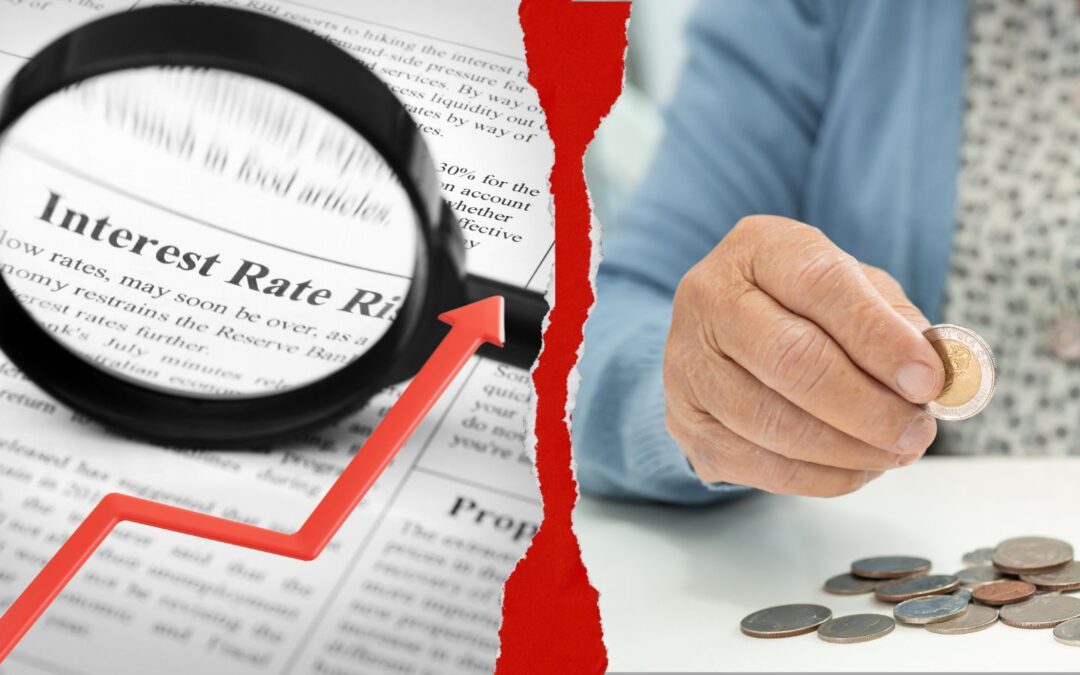The ECB increases rates by another 0.5 percentage points despite its’ forecasts being wrong. This decision is unprecedented and will have serious socioeconomic consequences.
On 2 February 2023, the European Central Bank (ECB) hiked its key interest rates by another 0.5 percentage points, representing a total increase that is unprecedented in the history of the monetary union. The ECB tries to control inflation by “cooling down” the economy, but let’s be clear: this is not without consequences. Cooling down the economy essentially means decreasing workers’ incomes and increasing unemployment.
This decision has been taken in the context of falling inflation for three months in a row. This means that the ECB’s forecast at the last Governing Council meeting was wrong. Yet, ECB policymakers continue to pursue the same strategy of rate increases.
While we still don’t know what the total impact of this unprecedented rate hike will be on the economy, we can already see its negative effects on the green transition and on those that are the most vulnerable in society.
The rate hikes are slowing down green investments. The reason for this is that these types of investments are more capital-intensive than traditional fossil fuel investments, and are therefore more “sensitive” to increases in interest rates. And the ECB is aware of this. Executive board member Isabel Schnabel herself pointed out in January this year that ‘renewable energies are more competitive when interest rates are low’.
We need the green transition to decrease the enormous pressure of oil and gas on inflation. We need to protect our economy against future energy shocks, all while ending our dependence on dirty fossil fuels.
Rate hikes also penalise precarious workers and, in general, low-income households who spend a higher percentage of their income on food and energy, and are therefore the most affected by rising prices of these essential goods and services. Lower-income people end up taking the biggest hit from the ECB’s decision.
The distributive dimension of monetary policy should not be ignored, especially during a time when so many people across Europe are not able to afford decent living conditions. The ECB should be concerned about the serious social and economic consequences of its decisions.

